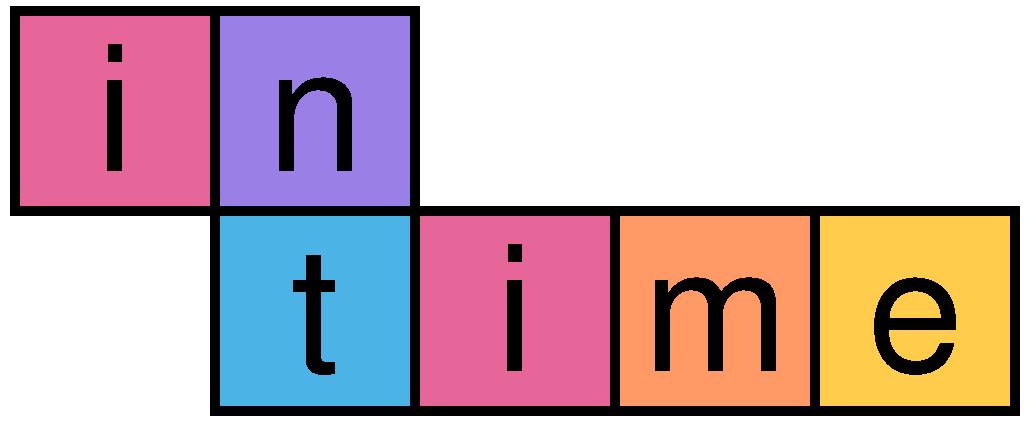

|
interactive school timetabling |
hosted by |
This project is not focused on automatization. At present, development concentrates on refining data structures so that different, complex school systems can be modelled. At this stage, the program is no more, no less than a replacement for the classic magnetic board. Only later, certain subtasks shall be automatized. Rationale 1: Computer scientists have worked more than fourty years on automated timetabling - and what has come out ? Sophisticated algorithms for oversimplified schools (see also the literature survey). It seems exceedingly difficult to adapt these solutions to the needs of real schools. Therefore, let us try the other way round: first develop a package that works, and only later consider automatizing certain subtasks. Rationale 2: This is exactly what commercial school administration software does: mimic the old magnetic board, then add some nice extra features. There is not much to say against these programs - except that they are expensive and closed source. Therefore, let us start by imitating them, before we produce something better - as the open-source community has done so many times before. Rationale 3: The practical importance of timetabling automatization is generally overestimated. In real life, a timetabler probably spends more time on getting input, on redirecting output, on collecting feedback, on discussing constraints, on weighing preferences, and so on, than on the time assignement problem itself; and solving the latter is not the most displeasing part of his job. Therefore, let us concentrate on optimizing the working environment before we embark on automatization.
|